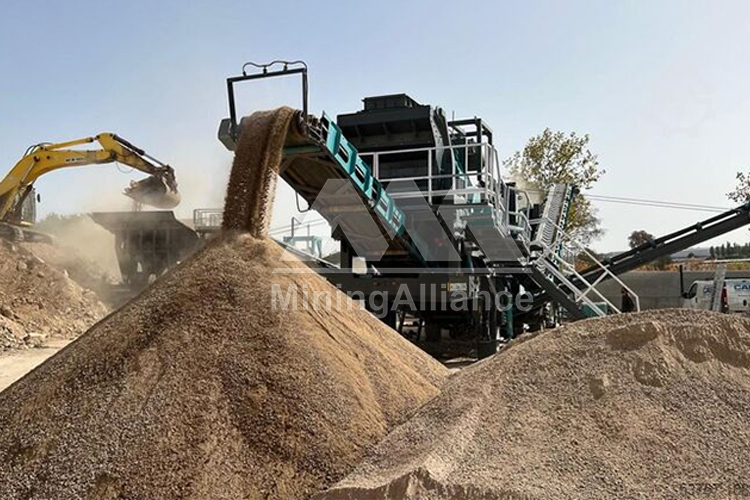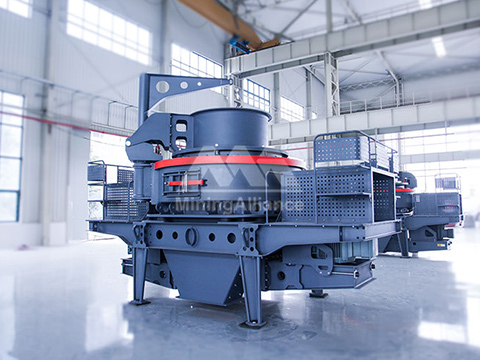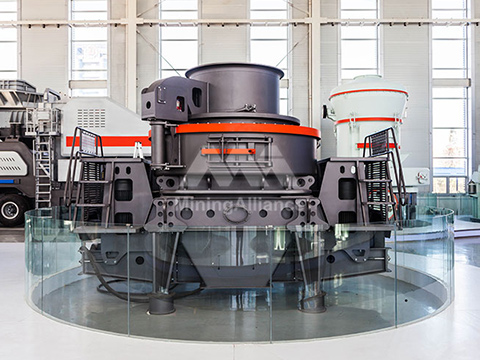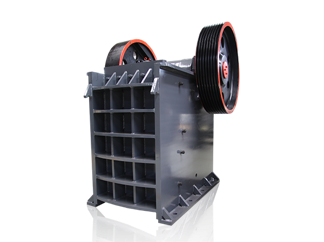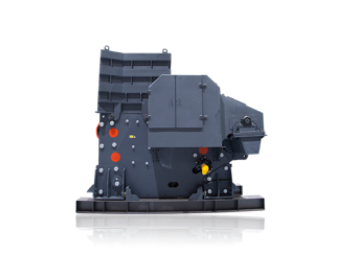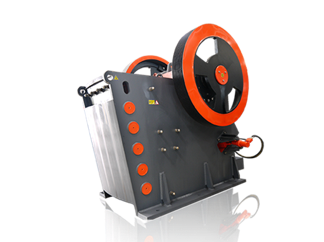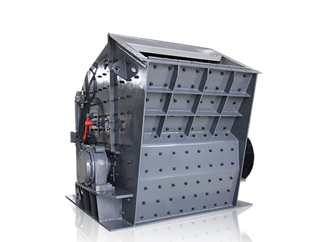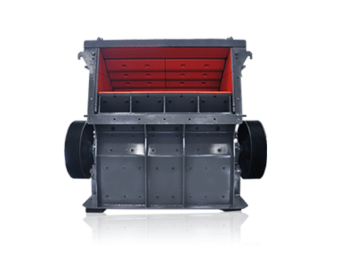As China’s Belt and Road Initiative (BRI) continues to gain traction, the nation’s construction equipment manufacturing sector is seeing unprecedented global expansion. Among the many critical machines enabling infrastructure development abroad, tyre-mounted mobile crushing and screening stations stand out due to their transportability, modularity, and terrain adaptability—making them ideal for overseas projects like bridges, highways, and hydropower installations.
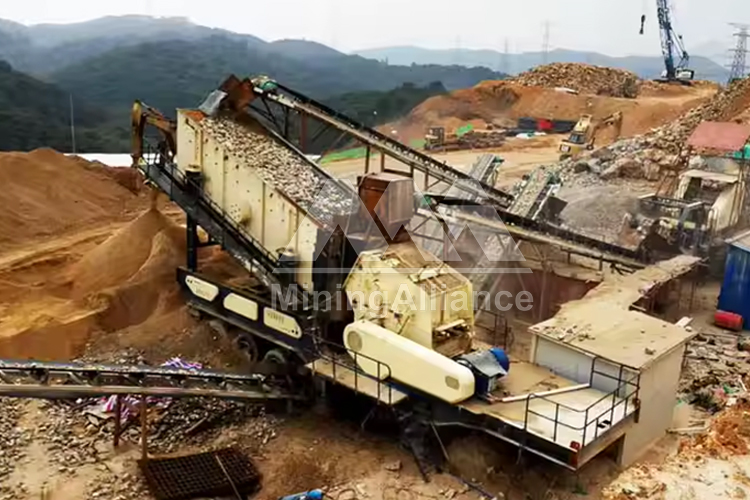
Many regions along the BRI face similar challenges: uneven distribution of sand and gravel resources, difficult access to equipment servicing, and harsh working conditions. Tyre-mounted crushing plants, with their modular design and vehicle-based setup, offer the perfect solution. Shipped in containers or on flatbeds, these units can be operational within one or two days after delivery—dramatically reducing setup times, which is critical for time-sensitive and mobile construction sites.
Equipped with efficient primary crushers and multi-deck vibrating screens, these plants handle coarse crushing, fine crushing, and screening in a single integrated flow. With capacity ranging from 50 to 500 tons per hour, they’re suitable for a variety of materials, including granite, limestone, river pebbles, and basalt, as well as recycled concrete and construction waste.
Design enhancements accommodate the climatic and environmental diversity across BRI regions. For example, models used in Middle Eastern deserts include oversized cooling units and heat-resistant lubricants, while those destined for Southeast Asia feature waterproof control panels to handle high humidity. These measures ensure reliable 24/7 operation regardless of conditions.
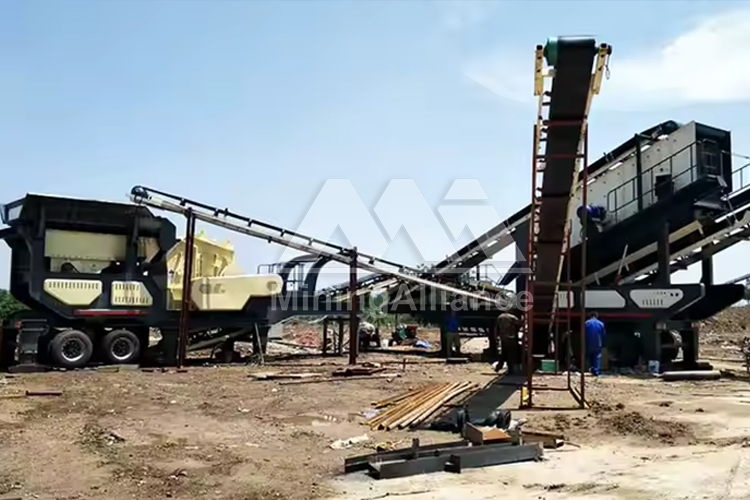
Tyre-mounted crushing stations also offer strong economic flexibility. Compared to track-mounted units, they are more affordable to purchase and maintain, easier to relocate, and less demanding in terms of foundation requirements. This makes them well-suited for lease-based operations or subcontracted work in distributed project sites.
Many contractors now standardize tyre-mounted stations as core production units in BRI projects. Custom configurations aligned with local supply chains allow for on-site material processing, reducing transport and labor costs while enhancing project profitability. By enabling local sourcing, processing, and deployment, these mobile plants are playing a vital role in cost-effective, high-efficiency infrastructure delivery under the BRI framework.

